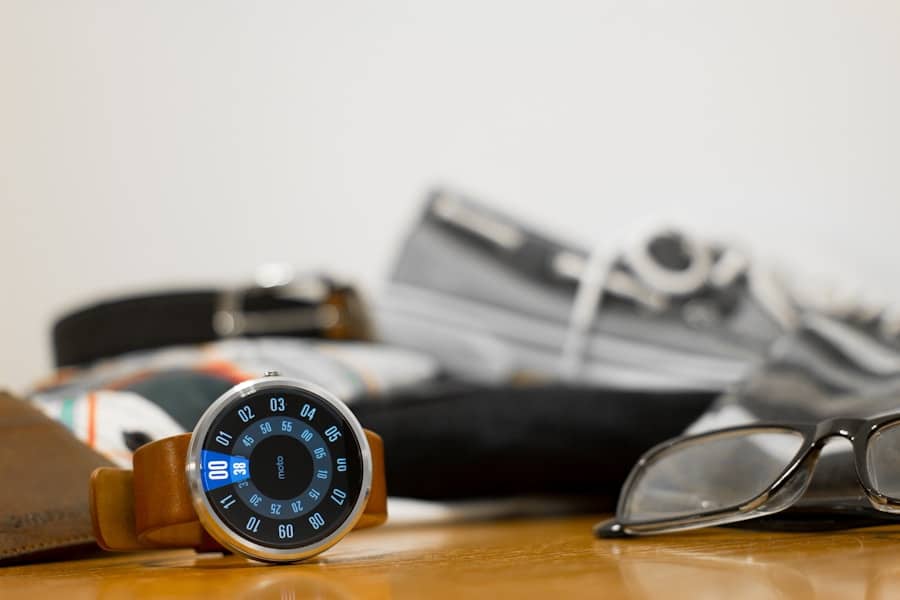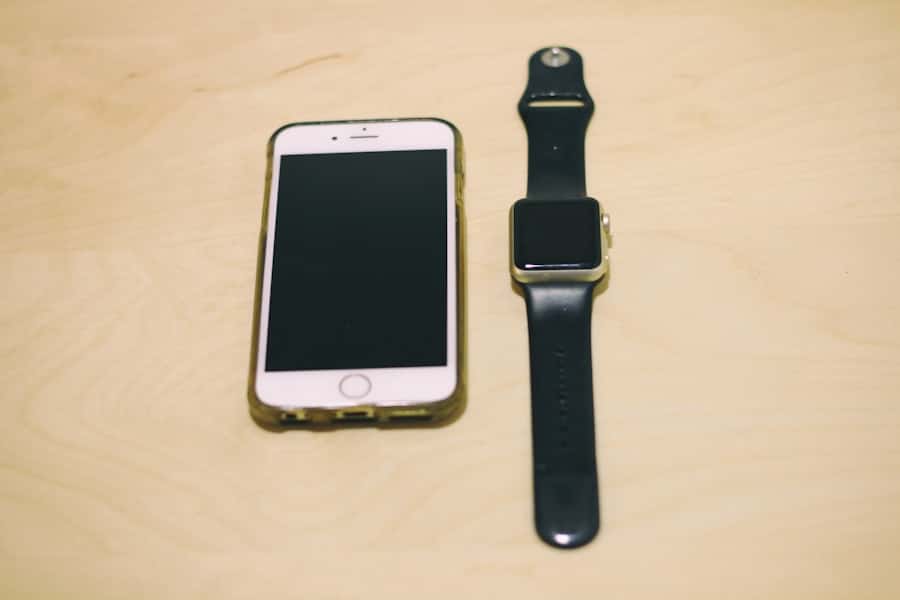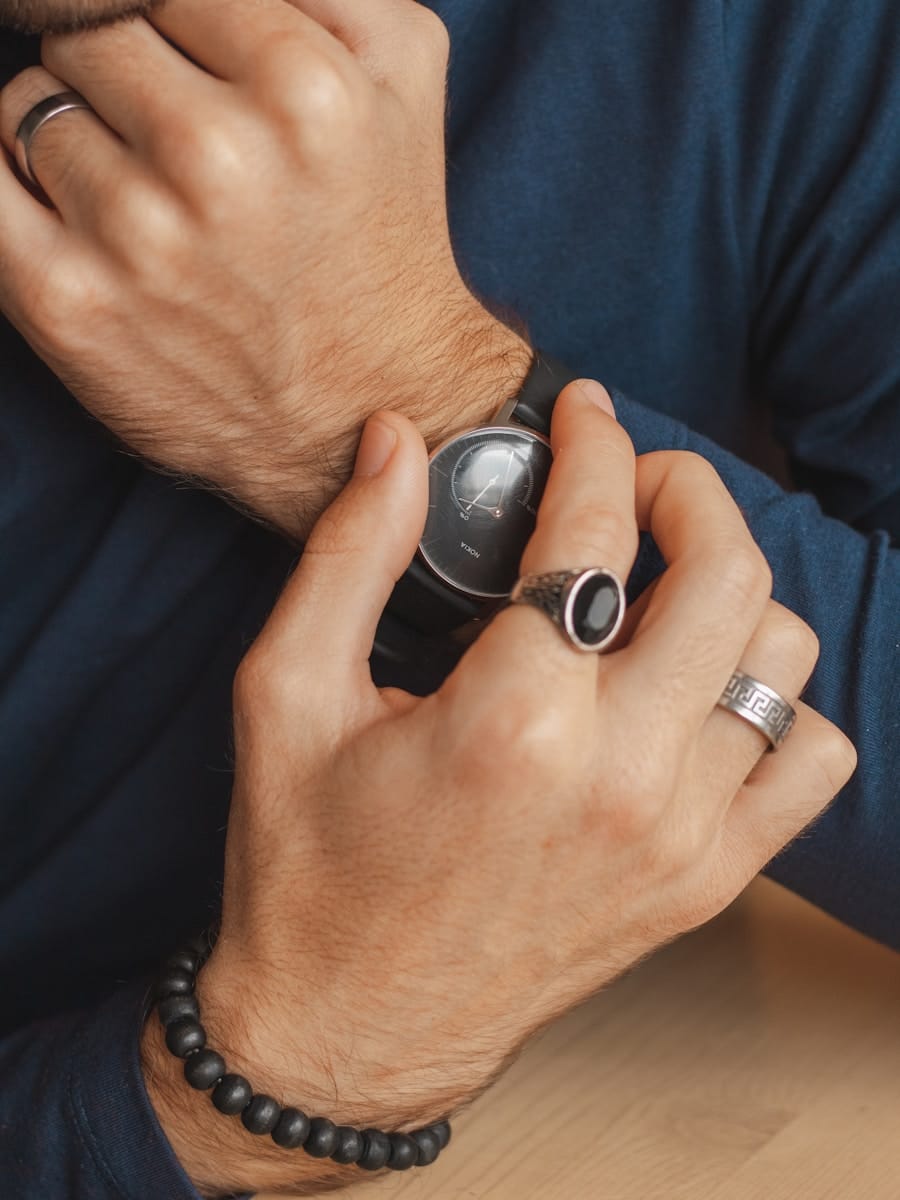The advent of smart technology has revolutionized various sectors, and healthcare is no exception. Smart watches, once primarily seen as fitness trackers or extensions of smartphones, have evolved into sophisticated health monitoring devices that play a pivotal role in remote medical consultations. These wearable devices are equipped with sensors and applications that allow users to track vital health metrics such as heart rate, blood pressure, and even blood oxygen levels.
As telemedicine gains traction, particularly in the wake of the COVID-19 pandemic, smart watches have emerged as essential tools for healthcare providers and patients alike, facilitating real-time health monitoring and communication. The integration of smart watches into remote medical consultations signifies a shift towards more personalized and accessible healthcare. Patients can now engage with their healthcare providers from the comfort of their homes while still receiving high-quality medical advice and support.
This transformation is particularly beneficial for individuals with chronic conditions who require regular monitoring and follow-up care. By leveraging the capabilities of smart watches, healthcare professionals can obtain critical health data remotely, enabling them to make informed decisions without the need for in-person visits.
Key Takeaways
- Smart watches play a crucial role in remote medical consultations by enabling the monitoring of health data and providing real-time information to healthcare providers.
- The use of smart watches in remote medical consultations offers advantages such as convenience, continuous monitoring, and early detection of health issues.
- However, challenges and limitations of smart watches in remote medical consultations include accuracy of data, reliability, and the need for user compliance.
- Security and privacy concerns in remote medical consultations using smart watches are important considerations, as sensitive health data is transmitted and stored.
- Case studies of successful remote medical consultations using smart watches demonstrate the potential for improved patient outcomes and cost savings in healthcare delivery.
The Role of Smart Watches in Monitoring Health Data
Advanced Health Monitoring Capabilities
Beyond cardiovascular health, smart watches can also monitor physical activity levels, sleep patterns, and even stress levels through advanced algorithms that analyze user behavior. This comprehensive data collection allows healthcare providers to gain insights into a patient’s overall well-being. For example, a patient suffering from anxiety may benefit from tracking their stress levels over time, enabling their doctor to tailor treatment plans more effectively.
Enhancing Remote Consultations
Furthermore, the ability to share this data in real-time during remote consultations enhances the quality of care, as physicians can make evidence-based decisions based on accurate and up-to-date information.
Advantages of Using Smart Watches for Remote Medical Consultations

The advantages of utilizing smart watches in remote medical consultations are manifold. One of the most significant benefits is the convenience they offer both patients and healthcare providers. Patients can easily monitor their health metrics without the need for cumbersome medical equipment or frequent trips to the clinic.
This ease of access encourages individuals to take a more active role in managing their health, leading to better adherence to treatment plans and improved health outcomes. Moreover, smart watches facilitate timely interventions by allowing healthcare providers to receive alerts about abnormal readings or significant changes in a patient’s condition. For instance, if a patient’s heart rate exceeds a certain threshold, the watch can notify both the patient and their healthcare provider immediately.
This proactive approach can be life-saving, particularly for patients with serious health conditions who require constant monitoring. Additionally, the integration of telehealth platforms with smart watch technology enables seamless communication between patients and providers, fostering a collaborative approach to healthcare that enhances patient engagement and satisfaction.
Challenges and Limitations of Smart Watches in Remote Medical Consultations
Despite their numerous advantages, the use of smart watches in remote medical consultations is not without challenges. One significant limitation is the accuracy and reliability of the data collected by these devices. While many smart watches are equipped with advanced sensors, they are not always calibrated to the same standards as clinical-grade medical equipment.
This discrepancy can lead to inaccuracies in health data, which may affect clinical decision-making. For instance, a false reading from a heart rate monitor could result in unnecessary anxiety for a patient or mislead a physician regarding the urgency of a situation. Another challenge is the digital divide that exists among different populations.
Not all individuals have access to smart technology or the internet, which can create disparities in healthcare access.
Furthermore, there is a risk that reliance on technology could lead to depersonalization in healthcare interactions, where patients may feel like they are merely data points rather than individuals with unique health needs.
Security and Privacy Concerns in Remote Medical Consultations Using Smart Watches
As with any technology that collects personal health information, security and privacy concerns are paramount when it comes to using smart watches for remote medical consultations. The sensitive nature of health data makes it a prime target for cyberattacks, raising questions about how securely this information is stored and transmitted. Many smart watch manufacturers have implemented encryption protocols and secure data transmission methods; however, vulnerabilities still exist that could potentially expose users’ private information.
Moreover, patients may be hesitant to share their health data due to fears about how it will be used or who will have access to it. The lack of clear regulations surrounding data privacy in wearable technology can exacerbate these concerns. Healthcare providers must ensure that they are compliant with regulations such as HIPAA (Health Insurance Portability and Accountability Act) when utilizing smart watches for remote consultations.
This includes obtaining informed consent from patients regarding how their data will be used and ensuring that robust security measures are in place to protect sensitive information.
Case Studies of Successful Remote Medical Consultations Using Smart Watches

Several case studies illustrate the successful integration of smart watches into remote medical consultations, showcasing their potential to enhance patient care. One notable example involves a telehealth program implemented by a major healthcare provider that utilized smart watches to monitor patients with chronic heart conditions. Patients were equipped with smart watches that tracked their heart rates and sent alerts if any irregularities were detected.
The program resulted in a significant reduction in hospital readmissions, as healthcare providers were able to intervene early based on real-time data. Another case study highlights the use of smart watches in managing diabetes. A group of researchers conducted a study where participants wore smart watches that monitored their glucose levels alongside physical activity and dietary habits.
The data collected was shared with healthcare providers during virtual consultations, allowing for personalized adjustments to treatment plans based on comprehensive insights into each patient’s lifestyle. The results demonstrated improved glycemic control among participants, underscoring the effectiveness of using smart technology in managing chronic conditions.
Future Developments and Innovations in Smart Watches for Remote Medical Consultations
The future of smart watches in remote medical consultations is promising, with ongoing innovations poised to enhance their capabilities further. One area of development is the integration of artificial intelligence (AI) into smart watch technology. AI algorithms can analyze vast amounts of health data collected from users, identifying patterns and predicting potential health issues before they arise.
This predictive analytics capability could revolutionize preventive care by enabling healthcare providers to intervene proactively rather than reactively. Additionally, advancements in sensor technology are expected to expand the range of health metrics that smart watches can monitor. Future devices may include sensors capable of measuring blood glucose levels non-invasively or tracking hydration levels through sweat analysis.
Such innovations would provide even more comprehensive health insights for patients and their healthcare providers during remote consultations. Furthermore, as 5G technology becomes more widespread, the speed and reliability of data transmission will improve significantly, facilitating smoother interactions between patients and providers during virtual visits.
The Impact of Smart Watches on Remote Medical Consultations
The impact of smart watches on remote medical consultations is profound and multifaceted. By enabling continuous health monitoring and facilitating real-time communication between patients and healthcare providers, these devices have transformed how care is delivered in an increasingly digital world. While challenges such as data accuracy and privacy concerns remain, the potential benefits far outweigh these limitations when implemented thoughtfully and responsibly.
As technology continues to evolve, so too will the role of smart watches in healthcare. With ongoing innovations on the horizon, these devices are set to become even more integral to remote medical consultations, paving the way for a future where personalized healthcare is accessible to all individuals regardless of their location or circumstances. The journey towards fully realizing this potential will require collaboration among technologists, healthcare providers, and policymakers to ensure that advancements are made ethically and equitably.
A related article discussing the features of the Samsung Notebook 9 Pro can be found here. This article delves into the various functionalities and capabilities of the Samsung Notebook 9 Pro, which could potentially be used in conjunction with smart watches to further enhance remote medical consultations. The seamless integration of technology such as tablets and laptops with smart watches can revolutionize the way healthcare professionals interact with patients remotely, providing more efficient and effective care.
FAQs
What are smart watches?
Smart watches are wearable devices that offer features beyond traditional timekeeping. They often include health and fitness tracking, notifications, and the ability to run apps.
How do smart watches support remote medical consultations?
Smart watches can support remote medical consultations by allowing patients to track their health data, such as heart rate, activity levels, and sleep patterns. This data can be shared with healthcare providers to inform remote consultations and monitor patients’ health.
What health data can smart watches track?
Smart watches can track a variety of health data, including heart rate, blood pressure, sleep patterns, activity levels, and even ECG readings in some cases.
How do smart watches improve remote medical consultations?
Smart watches improve remote medical consultations by providing healthcare providers with real-time and historical health data, allowing for more informed and personalized care. They also enable patients to actively participate in their own healthcare by monitoring their health and sharing data with their providers.
Are smart watches regulated for medical use?
Some smart watches have received clearance from regulatory bodies, such as the FDA in the United States, for specific medical uses, such as ECG monitoring. However, not all smart watches are regulated for medical use, so it’s important to consider the intended use and regulatory status of a specific device.

